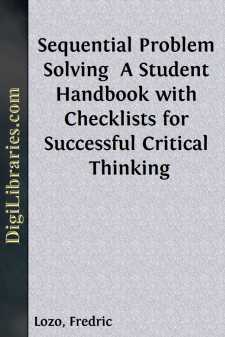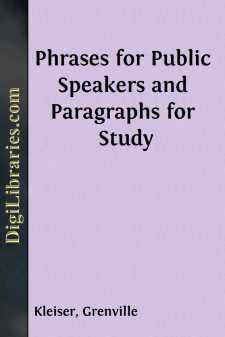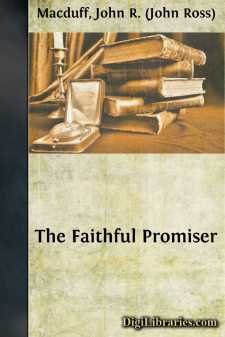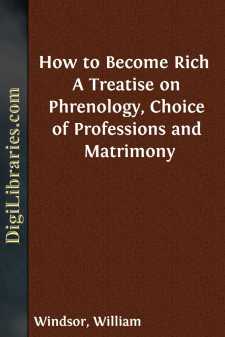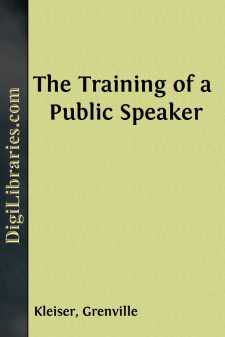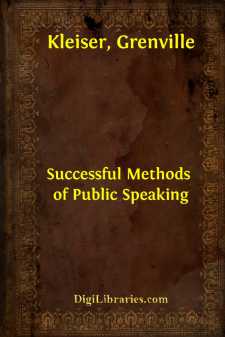Non-Classifiable
- Non-Classifiable 1768
Non-Classifiable Books
Sort by:
by:
Fredric Lozo
INTRODUCTION We are constantly trying to make some sense of our world and the way people treat each other. The purpose of this book is to provide a systematic way of analyzing situations and planning actions. Sequential Problem Solving is written for those who want to reassure themselves that their thinking is logically correct rather than emotionally or impulsively misguided. It provides step by step...
more...
USEFUL PHRASES A further objection toAgain, can we doubtAgain, we have abundant instancesAlas! how oftenAll experience evinces thatAll that I have been stating hithertoAll that is quite true.All this, I know well enoughAll this is unnatural becauseAll we do know is thatAm I mistaken in this?Amid so much that is uncertainAnd, again, it is to be presumed thatAnd, finally, have not theseAnd, further, all...
more...
INTRODUCTION. Just as the character of Jesus is stamped upon the religion which originated in His Person, so is the character of Mohammed impressed upon the system which he, with marvellous ingenuity, founded. The practical influence of Islam upon individual lives produces results that reflect unmistakably the character of its founder, and a careful study of the tenets of the system in relation to its...
more...
It has often been felt a delightful exercise by the child of God, to take, night by night, an individual promise and plead it at the mercy-seat. Often are our prayers pointless, from not following, in this respect, the example of the sweet Psalmist of Israel, the Royal Promise pleader, who delighted to direct his finger to some particular “word” of the Faithful Promiser, saying, “Remember Thy...
more...
by:
William Windsor
LADIES AND GENTLEMEN:— In presenting the Science of Phrenology to you to-night, I make one request, and hope you will grant it as a personal favor to me, that is, that you will dismiss from your minds everything that you ever heard about Phrenology and listen to my argument with your minds freed from the prejudices, favorable or unfavorable, that may have been created by other lecturers upon the...
more...
RHETORIC AND ELOQUENCE WHAT RHETORIC IS Rhetoric has been commonly defined as "The power of persuading." This opinion originated with Isocrates, if the work ascribed to him be really his; not that he intended to dishonor his profession, tho he gives us a generous idea of rhetoric by calling it the workmanship of persuasion. We find almost the same thing in the Gorgias of Plato, but this is the...
more...
SUCCESSFUL METHODS OF PUBLIC SPEAKING You can acquire valuable knowledge for use in your own public speaking by studying the successful methods of other men. This does not mean, however, that you are to imitate others, but simply to profit by their experience and suggestions in so far as they fit in naturally with your personality. All successful speakers do not speak alike. Each man has found certain...
more...
[1] INTRODUCTION. The art of _Simpling _is as old with us as our British hills. It aims at curing common ailments with simple remedies culled from the soil, or got from home resources near at hand. Since the days of the Anglo-Saxons such remedies have been chiefly herbal; insomuch that the word "drug" came originally from their verb drigan, to dry, as applied to medicinal plants. These...
more...


